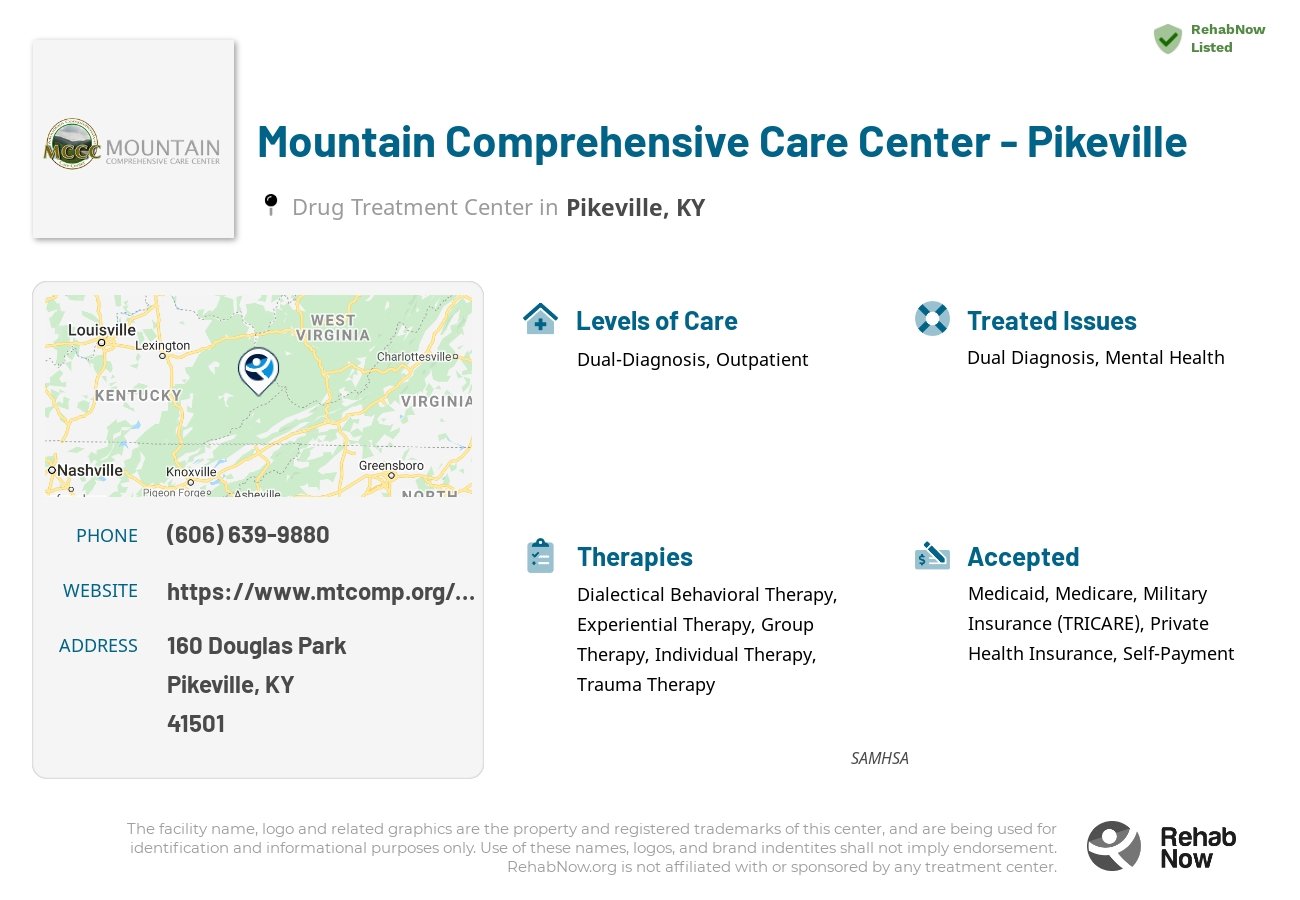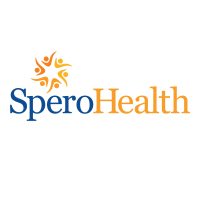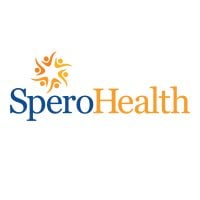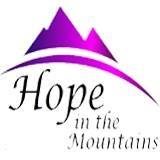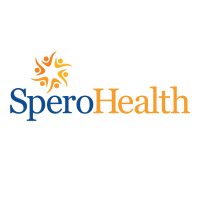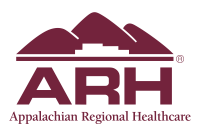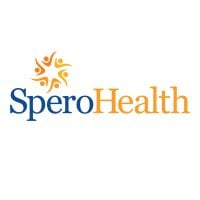Mountain Comprehensive Care Center - Pikeville
Drug Rehab Center in Pikeville, Kentucky
Mountain Comprehensive Care Center - Pikeville in Pikeville, Kentucky offers comprehensive medical and psychiatric services, including specialized addiction treatment, with a team of experts providing personalized care, inpatient and outpatient programs, medication-assisted treatment, and relapse prevention services.
About This Kentucky Facility
Mountain Comprehensive Care Center in Pikeville, Kentucky, addresses dual diagnosis and mental health with a personalized approach. Merging quality behavioral healthcare with a promise of recovery and hope, this private rehab facility stands out through its broad service array tailored for diverse needs.
Accredited by SAMHSA and licensed by the Kentucky Department of Mental Health and Substance Abuse Services, Mountain Comprehensive Care Center is recognized for its comprehensive addiction treatment services. It utilizes an integrated approach to address dual diagnosis, ensuring patients receive holistic care.
- Dual Diagnosis Specialist: Offers specialized programs for patients dealing with both addiction and mental health issues.
- Wide Range of Services: From individual and group counseling to relapse prevention and medication management, the array of services caters to various stages of recovery.
- Supportive Outpatient and Aftercare: Aids in smoother transitions back to community life with supportive outpatient services and aftercare programs.
Focusing on substance abuse and addiction-related issues, including drug addiction, alcohol addiction, and opioid addiction, the center employs comprehensive assessments, counseling, education, and coping skills classes. It aims to furnish clients with the necessary tools for a healthier life through various treatment methods and levels of care.
Genders
Ages
Modality
Additional
Accreditations
SAMHSA
Conditions and Issues Treated
Dual Diagnosis refers to someone who is both dealing with addiction and another mental health issue.
There are different kinds of Dual Diagnosis: A person who simultaneously experiences both a mental illness and an addiction disorder. Or, a person who experiences one or more coexisting (simultaneous) mental health conditions in addition to a primary substance use disorder.
Some conditions that commonly co-occur with addiction include:
- Personality Disorders (Borderline, Narcissistic)
- Mood Disorders (Bipolar Disorder, Depression, Anxiety Disorder)
- PTSD (Post Traumatic Stress Disorder), OCD (Obsessive Compulsive Disorder), ADHD (Attention Deficit Hyperactivity Disorder)
- Schizophrenia, Psychosis, Hallucinations, Delusions
Levels of Care Offered at Mountain Comprehensive Care Center - Pikeville
This center offers a variety of custom treatment tailored to individual recovery. Currently available are Dual-Diagnosis, Outpatient, with additional therapies available as listed below.
Outpatient treatment programs provide drug and alcohol addiction treatment through individual sessions with a counselor, group therapy, 12-step meetings, and other activities to help individuals gain sober living skills. Most programs are designed for those individuals who have completed a medically supervised detoxification program and provide opportunities for clients to begin the process of early recovery.
Outpatient programs also offer a level of medical support as needed and psychological backing through therapy. Clients are encouraged to live at home, though there may be some flexibility regarding this requirement based on the circumstances and needs of each patient.
Outpatient treatment is perhaps the most common type of dual diagnosis program available. It does not pose a significant financial burden on patients. However, it is essential to note that outpatient treatment does not provide the support and supervision given in residential programs. Some addicts may need this level of support to maintain their sobriety.
Therapies & Programs
Therapy sessions focused on the individual addict can provide much-needed guidance as they work toward overcoming their addiction. These types of sessions typically involve guidance from a therapist, who will help addicts identify and process their feelings and cravings.
During these sessions, addicts may develop plans for coping with the triggers that typically lead to relapse and learn how to avoid those triggers during their recovery process.
Different types of addiction treatment services are available. Within this article, group therapy is of interest due to its high success rate compared to individual therapy. Group therapy settings are beneficial because they allow recovering addicts to build a strong support network.
Benefits of group therapy are:
- Reduces feelings of isolation
- Immediate access to social support in the form of fellow addicts in recovery
- Lowers risk of relapse
- Increases rate of sobriety
- Builds coping skills that can be applied to everyday life
Trauma Therapy is a form of therapy that involves working with a patient to help them process and understand the past trauma(s) in their life. The idea behind it is that while some people can experience traumatic events and not have lasting psychiatric symptoms, many others will. In these cases, memories of the event get hidden from consciousness but continue to influence how the person processes and copes with things in their life. They may avoid situations that resemble what happened or become suddenly angry or irritated to a situation that reminds them of a past event.
With the help of a therapist, people can go back over memories and experiences. This helps them understand why they are having problems coping with certain situations and how they can change how they think and react to things. This therapy is typically done using techniques such as visualization, discussion, and writing down thoughts and feelings.
Trauma therapists will work with clients to help them understand their past and present relationships. Many times, patients may believe that something is inherently wrong with them or that they are unworthy of love. A therapist aims to correct these negative feelings and behaviors by helping the person realize that their actions do not reflect who they truly are.
One of the main goals of trauma therapy is to help clients express their emotions and talk about what they are feeling. This benefits both to increase awareness of how certain events have impacted them in the past and enables patients to realize that they can make changes in their lives.
Dialectical Behavior Therapy is a cognitive-behavioral therapy that helps addicts balance their thoughts and emotions to change their behavior. It was designed for those vulnerable to self-harm and suicidal thoughts and aims to help patients understand the connection between their feelings, emotions, and behaviors. It is effective for those whose addictions and behaviors stem from severe mental health issues.
Cognitive Behavioral Therapy (CBT) is used by drug treatment centers to help addicts comprehend the causes of their substance abuse and the consequences that follow. Through CBT, clients learn to recognize and avoid high-risk situations and cope with challenging situations when they arise.
CBT treatment often includes a combination of individual therapy, group therapy, lectures, and other activities. The treatment’s goal is to help addicts gain self-control and maintain abstinence from drugs and alcohol over the long term so that an addict can get sober and lead a more productive life.
CBT is particularly effective in helping people overcome their drug problems, especially people whose drug abuse is motivated by self-defeating beliefs and emotions.
Patient Experience
Experiential Therapy at Mountain Comprehensive Care Center - Pikeville
Experiential therapy is a form of psychotherapy where patients are asked to engage in activities such as role-play, poetry writing, music composition, exercising, or journaling to help process intense feelings. The aim of the therapy is to help patients access deeper, often hidden emotions by helping them explore their own body and mind.
Payment Options Accepted
For specific insurance or payment methods please contact us.
Is your insurance accepted?
Ask an expert, call (888) 674-0062
Mountain Comprehensive Care Center Associated Centers
Discover treatment facilities under the same provider.
- Mountain Comprehensive Care Center - Pike County Outpatient in Pikeville, KY
- Mountain Comprehensive Care Center - Serenity House in Inez, KY
- Mountain Comprehensive Care Center - Floyd County Outpatient in Prestonsburg, KY
- Mountain Comprehensive Care Center - Inez Outpatient in Inez, KY
- Mountain Comprehensive Care Center - Johnson County Outpatient Clinic in Paintsville, KY
Learn More About Mountain Comprehensive Care Center Centers
Additional Details
Specifics, location, and helpful extra information.
Pikeville, Kentucky 41501 Phone Number(606) 639-9880 Meta DetailsUpdated April 15, 2024
Staff Verified
Patient Reviews
There are no reviews yet. Be the first one to write one.
Pikeville, Kentucky Addiction Information
Kentucky ranks among the top ten states for opioid-related overdoses. Most of these are due to heroin, fentanyl, and prescription opioid use. A little over 11% of the Kentucky population abuses alcohol in a given year. More than 15% of Kentucky adults admit to participating in binge drinking every month.
The drug of choice in Pikeville, Kentucky is prescription drugs, marijuana, meth, and heroin. The majority who abuse drugs age groups are people 12 years old and 25 years old. Deaths from drug overdoses have increased by 47% from 2009 to 2015. 9.3% of teenagers have abused some type of illicit drug. There are a few different types of drug treatment available in Pikeville. The most common treatment is inpatient rehabilitation.
Treatment in Nearby Cities
- Covington, KY (159.3 mi.)
- Benton, KY (322.7 mi.)
- West Liberty, KY (54.6 mi.)
- Munfordville, KY (184.7 mi.)
- Pikeville, KY (6.9 mi.)
Centers near Mountain Comprehensive Care Center - Pikeville
The facility name, logo and brand are the property and registered trademarks of Mountain Comprehensive Care Center - Pikeville, and are being used for identification and informational purposes only. Use of these names, logos and brands shall not imply endorsement. RehabNow.org is not affiliated with or sponsored by Mountain Comprehensive Care Center - Pikeville.



